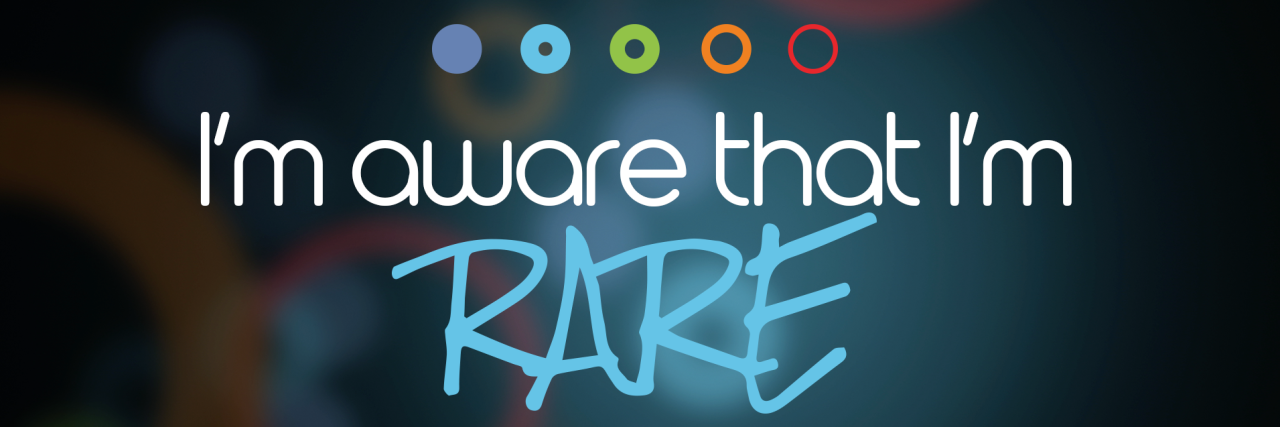Alvin Rocha, RN discusses clinic visits in the outpatient setting and his role in the Pediatric Pulmonary Hypertension Program of Children’s Hospital Los Angeles (CHLA).
Transcript:
My name is Alvin Rocha and I’m from Los Angeles, California. I work at Children’s Hospital Los Angeles.
I was hired as the new pulmonary hypertension nurse care manager is what we call it, similar to a nurse coordinator position. I’m new to the pulmonary hypertension world. I’ve been working in it since July of last year and I love it.
I’ve worked with a couple of [PH] patients. I was a bedside nurse for about five years, and I worked with a couple of pulmonary hypertension patients in the hospital. I just fell in love with that population and I’m interested in finding out new things we can do for the pediatric population. There’s a lot of work that needs to be done and I’m totally motivated to do it.
My main role at Children’s Hospital is to be part of the clinic visit in the outpatient setting. When patients have their appointments with their cardiologist, I’ll be part of that visit. I check in with the patient, I see how they’re doing with their symptoms, with their medication management. I see if there’s any help they need with insurance issues or anything in general. I kind of act as their main resource in the cardiology department and then help them navigate through any difficulties they’re having at home. I can contact their pharmacy for them, I can contact other doctors for them, and I can even walk them through they’re feeling at home and see how we can help with that.
Part of the role is just to be essentially part of the patient’s family. I’m the first person they call if they have any questions about anything. For me to act as the advocate and fight for the patients makes me feel like I’m part of their family. It takes time to get to know everybody. I’m still meeting all my patients and what I like about it is that they call me about anything. I’ve had patients call me about things going on at school. They don’t have the courage to talk to their parents about certain things, so they talk to me about it and I’ll kind of guide them through their problems.
That’s what I like about it, is I’m more part of the family, and it takes time to gain the trust of everybody. As the barriers are broken between us, I become someone that they can come to without feeling like they’re calling their doctor. They’re calling the nurse who’s guiding them through this disease.
I’ve found that a lot of parents do their own research. They go to conferences, they look online, they Google things. What I’ve also learned, though, is that every PH patient is different. Every kid growing up with a certain medication has a different life. They do different activities. Kids are athletes, kids are bookworms, kids don’t like mingling with other people, some kids are all about meeting other people. But the parents are the ones who kind of have the common ground where they are so hopeful all the time and they just feel like they don’t really get clear answers, but that’s because there’s a huge team behind them looking for answers, and they’re all different, other centers do different things, so I find that with parents, my thing is to let them know that there’s a lot going on. There’s a lot of research, there’s a lot of hope, but every center does things differently.
I tell them it’s OK to be educated but you have to understand — your son, your daughter, they have their own path. It just depends on the situation. I’ve had patients that have been on IV medications all their lives, they don’t know anything. That’s all they know is that they have this pump. They don’t take it off, and that’s kind of how it goes. It doesn’t bother her at all, but when I talk to the parents separately about it, it’s very hard still to this day, 10 years later it’s hard to see this pump even if they manage it every day. More the parents have a hard time, and I totally understand.
I’m really surprised at how much we still have to learn about pediatric pulmonary hypertension. The treatments are so “young,” in the PH world for kids and I’m interested to see over time how we integrate adult treatments into pediatrics and how we can change their lives.
It’s a great population to work with. There’s so much I want to learn still, and I’m taking baby steps because it is a lot to learn and it’s very specialized. But there are great doctors out there, there are great nurses and coordinators out there that are there for the patients. Being someone new to the pulmonary hypertension community, I can promise you that these people are dedicated. There’s a group of people that I see at the same conference that will do anything for these patients, and I’m one of those people now, I feel like.
My name is Alvin Rocha and I’m aware that I’m rare.
Learn more about pulmonary hypertension at phaware.global. Never miss an episode with the phaware® podcast app. Follow us @phaware on Facebook, Twitter, Instagram, YouTube & Linkedin Engage for a cure: #phaware #phawareMD @ChildrensLA

